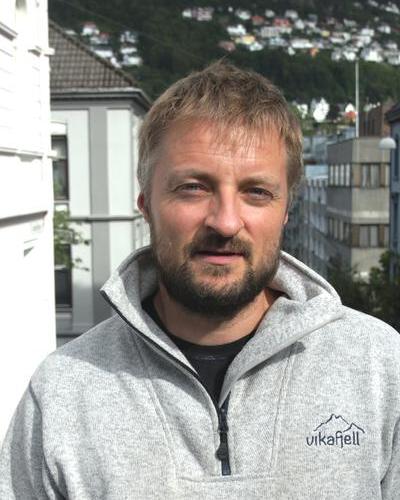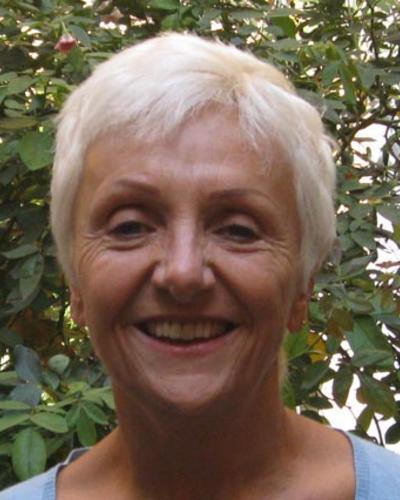Checking Assumptions aND promoting responsibility In smart Development Projects (CANDID)
CANDID studied aspects of the 'smart' agenda centred on topics concerning users, design, digital rights and critical infrastructures.

Main content
CANDID – Checking Assumptions aND promoting responsibility in smart Development – was a EU Horizon 2020 project exploring the future of smart technologies from an interdisciplinary perspective.
This short-term Research and Innovation project addressed the specific challenge set by ICT-35-2016 : Enabling responsible ICT-related research and innovation, designed to make sure that technological innovations, in this case ‘smart technologies and systems’, are developed with societal needs and expectations in mind.
CANDID aimed to fulfil three objectives:
- Facilitate an expanded and intensive dialogue aiming at Responsible Research and Innovation between practitioners from the Social and Human Sciences (SSH) and engineers and innovators in ICT
- Describe and critically assess visions of ‘smart’ as they emerge within the ICT – programmes in Horizon 2020, and in public discourse more generally
- Describe and produce, in the form of distinct Modules, insights on crucial topics on Science and Society intersections, as they play out within and in relation to visions of ‘smart’
The project partners were critically appraising smart technologies and systems by bringing together insights and experiences from ICT and SSH innovators and researchers, to explore the future of smart technologies from an interdisciplinary perspective.
CANDID engaged with technology developers, hackers, users, entrepreneurs, decision makers, in an extended peer community, to identify the most critical and problematic aspects identified by each stakeholder network and aimed to suggest cooperative methods to tackle these challenges in new imaginative ways. CANDID aimed to develop an interactive tool to help technology developers reflect on how to best tackle social challenges presented by ‘smart’ digital solutions and connected devices.
News article about the grant (uib.no)
New project researching smart technology
How can social scientists and humanities scholars contribute to the development of smart technology? To what extent are users involved in smart technology development? Can rights such as privacy and data security be built into digital environments and infrastructures? These are some of the questions researchers will focus on in the project 'Checking Assumptions aND promoting responsibility In smart Development projects' coordinated by Centre for the Study of the Sciences and the Humanities, UiB.
Author: Sissel Aasheim
Updated: 03.01.2017 (First published: 01.12.2016)
An important perspective within the project is Responsible Research and Innovation (RRI). RRI is one of several cross-cutting issues within the EU research and innovation programme Horizon 2020. The project "Checking Assumptions aND promoting responsibility In smart Development projects" (CANDID) brings together researchers from the social sciences and humanities with practitioners from the ICT sector and other users of smart technology, to explore how extended networks and peer communities are integrated (or not) in the development of smart technology, and how various forms of knowledge may impact on the use of such technology. Such extended networks include users and patients, publics, social science, law, and humanities expertise.
The project is organized around three modules: User and Design Configurations; Risks, Rights and Engineering; and Sensing Infrastructures. Within these modules, selected case studies within health and energy will be considered in the analysis of discourses on ‘smart’. Each module sees researchers working with ICT practitioners and other stakeholders in order to provide more elaborate responses to different aspects of the research questions. Through this we seek to uncover how 'smart' is understood and implemented by the respective parties, as well as discrepancies between them, in order to elaborate on the potential societal roles and implications of the technology.
CANDID is funded by Horizon 2020’s ICT programme, and responds to the challenge about involving humanities and social sciences research in ICT as a means to challenging the established discourse around smart technology. EU has an expressed aim of closer integration of research from different disciplines for the mart realm, and CANDID results may carry importance both for continued development and for corresponding research on smart technology.
The project has partners from five Universities and a budget of half a million euros.

